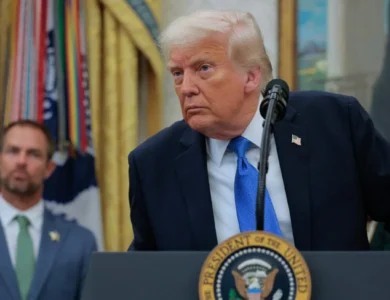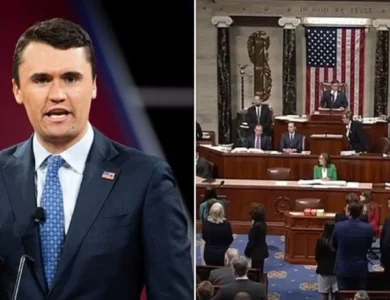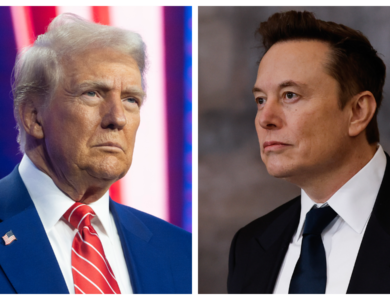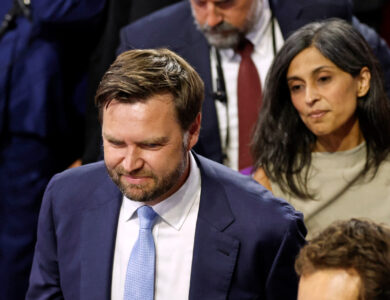Rubio Says Iran To Face Major Sanctions If No Nuke Deal By End Of August
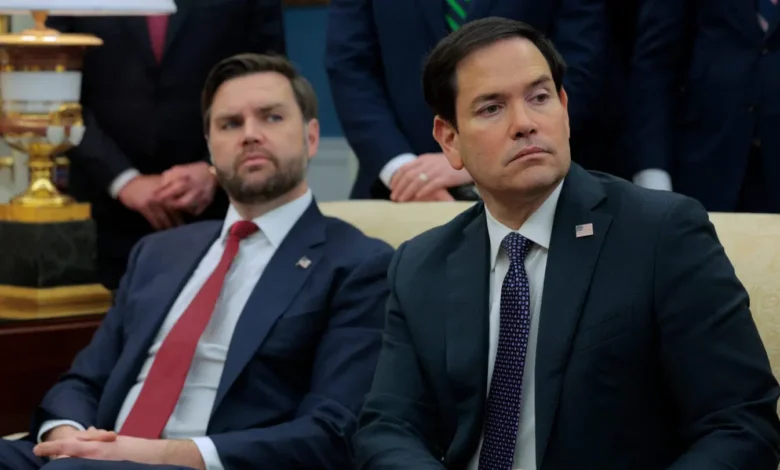
Secretary of State Marco Rubio and the foreign ministers of France, Germany, and the U.K. agreed on Monday to treat the end of August as the de facto deadline for finalizing a nuclear deal with Iran, according to three sources who spoke to Axios.
Should talks falter past that deadline, the three European powers plan to invoke the “snapback” provision—automatically reinstating all UN Security Council sanctions lifted under the 2015 Iran agreement, the outlet reported.
Reactivating the “snapback” mechanism requires 30 days, the time the Europeans hope to use before Russia takes over the UN Security Council presidency in October. U.S. and European officials see snapback both as leverage to pressure Tehran and as a contingency if talks collapse, Axios said.
Iran, however, insists there’s no legal basis for reimposing those sanctions and has threatened to withdraw from the Nuclear Non-Proliferation Treaty in retaliation, the report noted further.
“The call between Rubio and his European counterparts was aimed at coordinating positions on ‘snapback’ and the path forward on nuclear diplomacy with Iran, the sources said,” Axios noted. “According to two of the sources, the Europeans now plan to engage with Iran in the coming days and weeks with the message that Iran can avoid the snapback sanctions if it takes steps to reassure the world about its nuclear program.”
Since hostilities between Israel and Iran ceased, the Trump administration has sought to revive talks on a new nuclear pact. Officials in France, Germany, the U.K., and Israel worried Washington might urge its European partners to hold off on snapback sanctions, fearing such a move could derail emerging negotiations, said the outlet, citing its sources.
During his White House visit last week, Prime Minister Benjamin Netanyahu pressed President Trump, Secretary Rubio, and envoy Steve Witkoff on the snapback issue. Netanyahu asked Trump not to obstruct the mechanism and urged Witkoff to convey to Iran that time was running out if they wanted a deal and to avoid reinstated UN sanctions.
“We felt that Trump and his team agreed with us,” one Israeli official said.
Last month, President Donald Trump said that Israeli agents inspected Iran’s Fordow nuclear facility following U.S. airstrikes and reported the site was “totally obliterated.”
He also issued a warning that further action would be taken if Iran resumed uranium enrichment, FirstPost reported.
“They have guys who go in after the strike, and they said it was total obliteration,” Trump told attendees and reporters at a NATO meeting in The Hague this week.
Trump added that Israel is currently preparing a full damage assessment and suggested that Iran had no time to relocate any materials from the site before the strike.
He compared the U.S. airstrikes on Iran’s Fordow and Natanz nuclear facilities to the atomic bombings of Hiroshima and Nagasaki, claiming both had a similarly decisive effect in bringing the conflict to a halt.
Trump’s rhetoric grew increasingly dramatic over the course of the day, as he dismissed reports from the International Atomic Energy Agency (IAEA) that Iran’s 400kg stockpile of 60 percent enriched uranium had gone missing, Forbes noted further.
CIA Director John Ratcliffe confirmed that Iran’s nuclear program had sustained significant damage and would require years to rebuild. “Several key nuclear facilities were destroyed,” he said, citing reliable intelligence sources.
Previously, a leaked Defense Intelligence Agency report shortly after the strikes claimed that the Iranian programs had only been set back “by months,” but that assessment — which news outlets like CNN and the New York Times failed to mention — said the intel was of “low confidence.”
Defense Secretary Pete Hegseth said following the leak that the FBI is working with the Pentagon to find out who was responsible for it and that criminal charges are likely.
